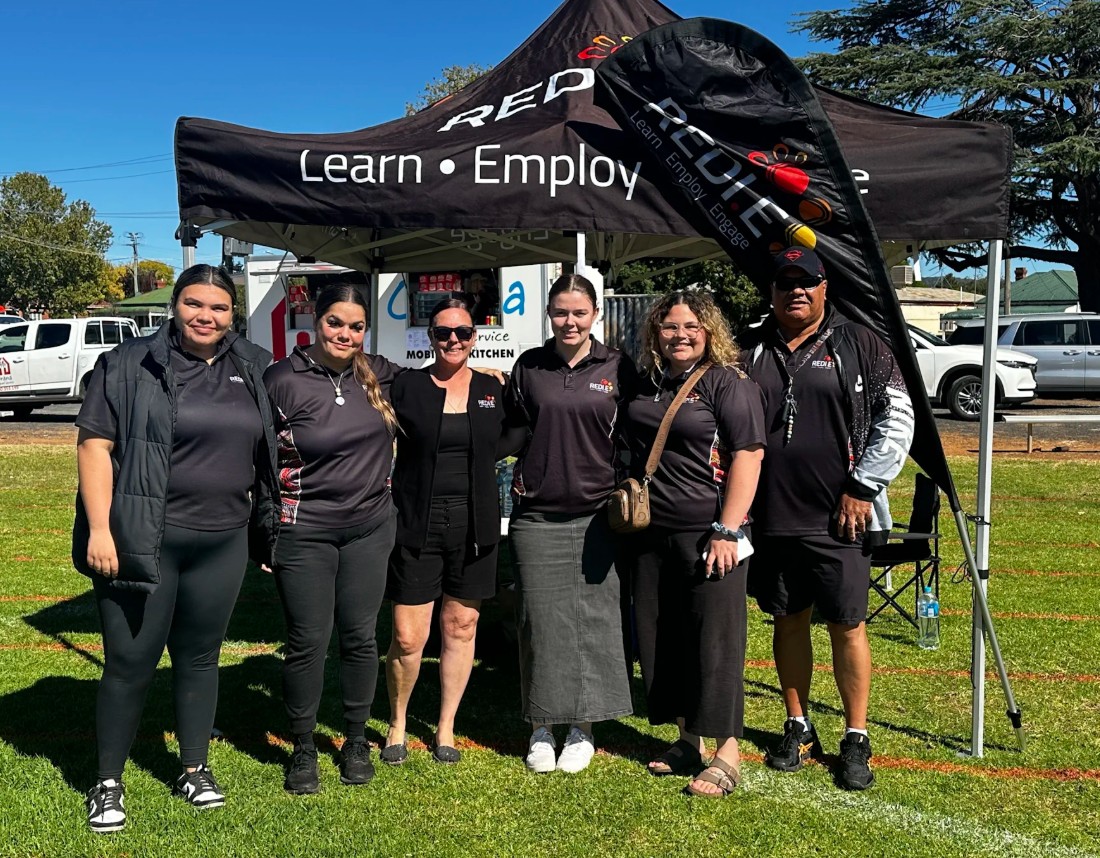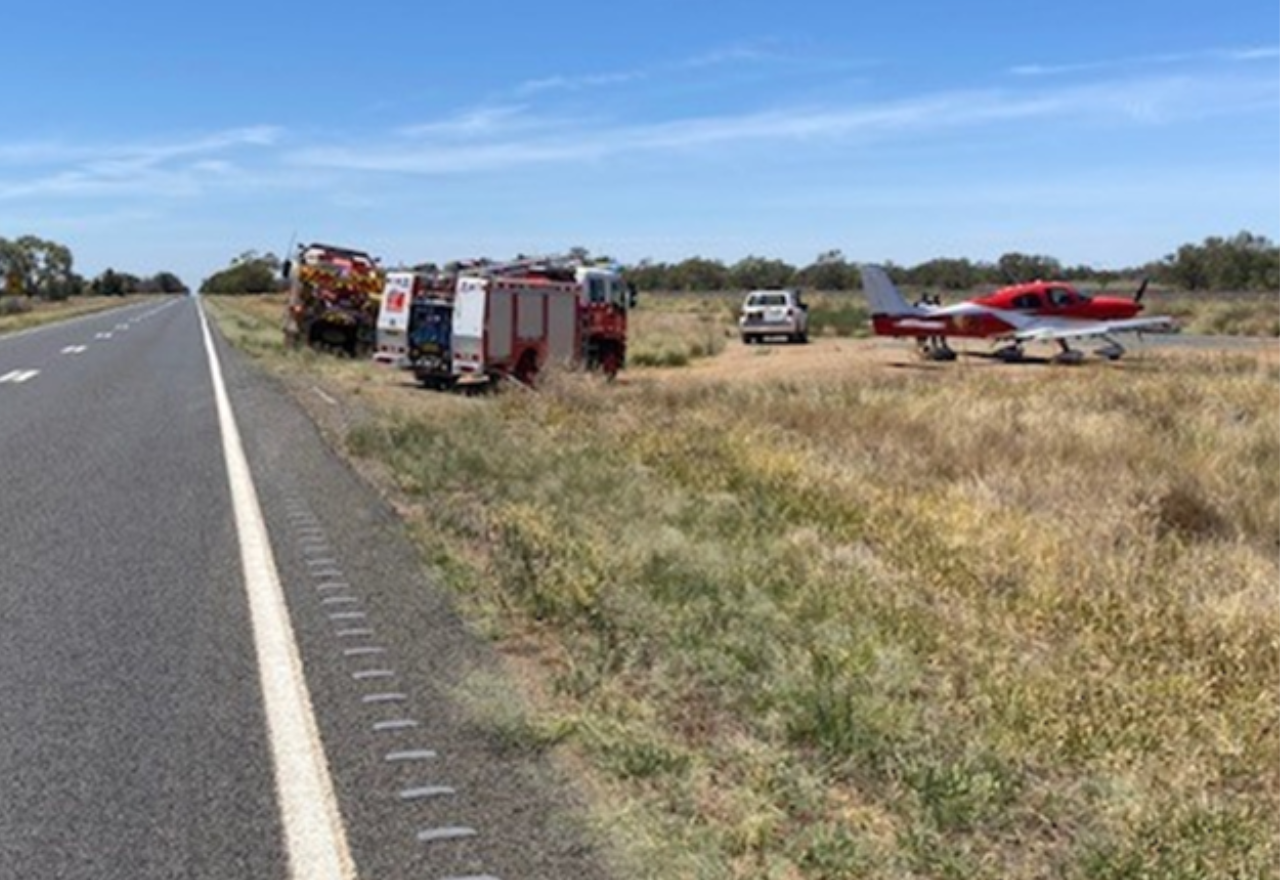Survivors teaching medical students hard-won lessons on gynaecological cancer
Angie White
16 August 2025, 9:20 PM
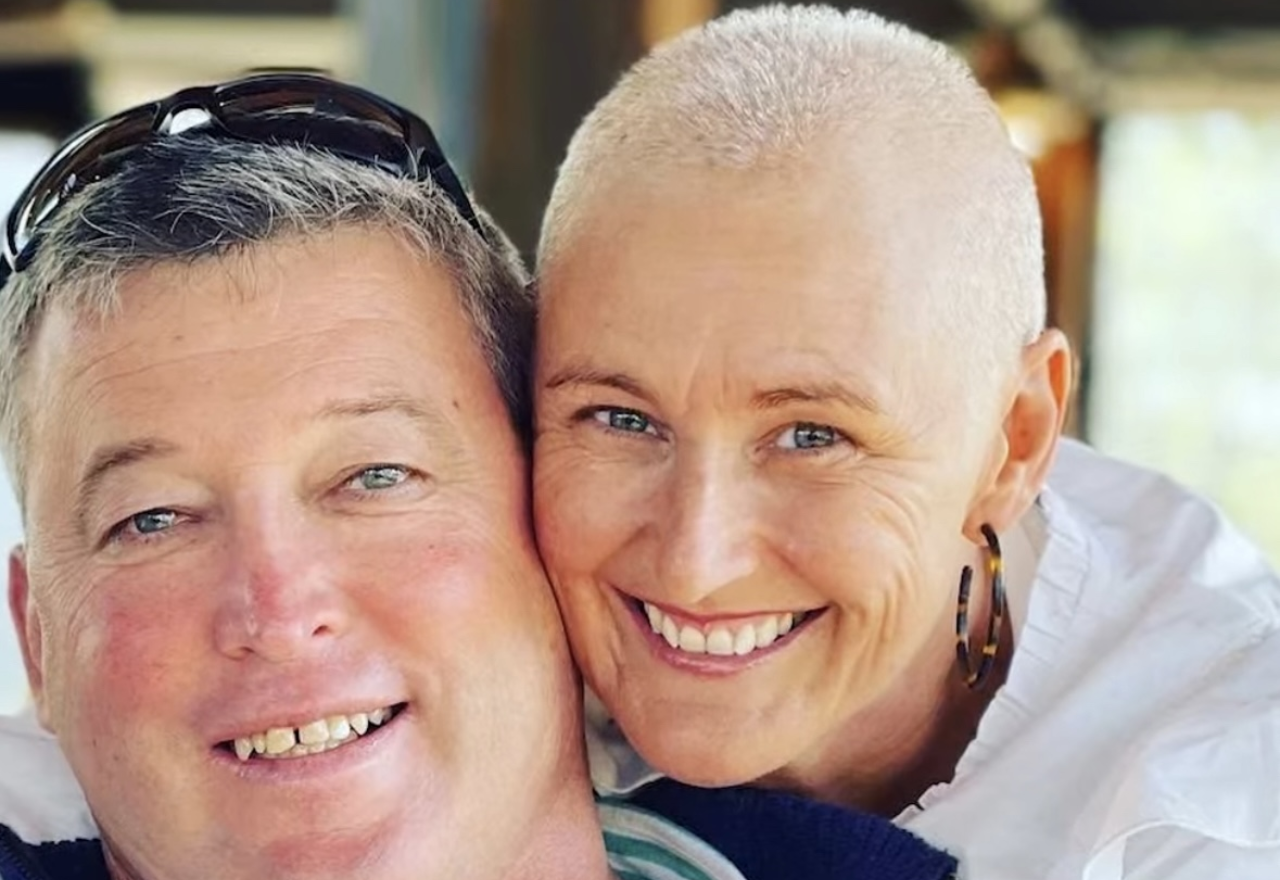 Nyngan's Susan Barclay, pictured with husband Stu, has a story to tell. [IMAGE SUPPLIED]
Nyngan's Susan Barclay, pictured with husband Stu, has a story to tell. [IMAGE SUPPLIED]Nineteen women are diagnosed with a gynaecological cancer every day, including ovarian, uterine/endometrial, cervical, vulvar or vaginal cancer, devastatingly six lose their lives.
Regional women often have difficult journeys with diagnosis and slow-returning test results that can lead to devastating outcomes for individuals, their families and friends.
What if telling your story could help save someone's life?
Now the Australian New Zealand gynaecological Group (ANZGOG) are calling on regional and rural women to help improve the outcomes for women with Gynaecological cancer.
'Survivors Teaching Students’ is a new and deeply personal initiative giving survivors the chance to share their first-hand experiences for the greater good.
By sharing the story of their journey with medical and nursing students in university classrooms, survivors can help shape a more compassionate, informed and responsive generation of healthcare professionals.
No public speaking experience is required, just a willingness to share your personal story in a safe, supportive environment.
STS is supported by a network of over 100 community volunteers across the country, who are determined to change the future for women diagnosed with gynaecological cancer.
Its volunteers reaching over 20,000 students across 22 universities, providing medical students with information about their signs and symptoms, their difficulties in gaining diagnosis and care and a personal look into their journey’s.
Susan Barclay of Nyngan has a story to tell and is passionate about sharing her journey if it can help anyone who needs it.
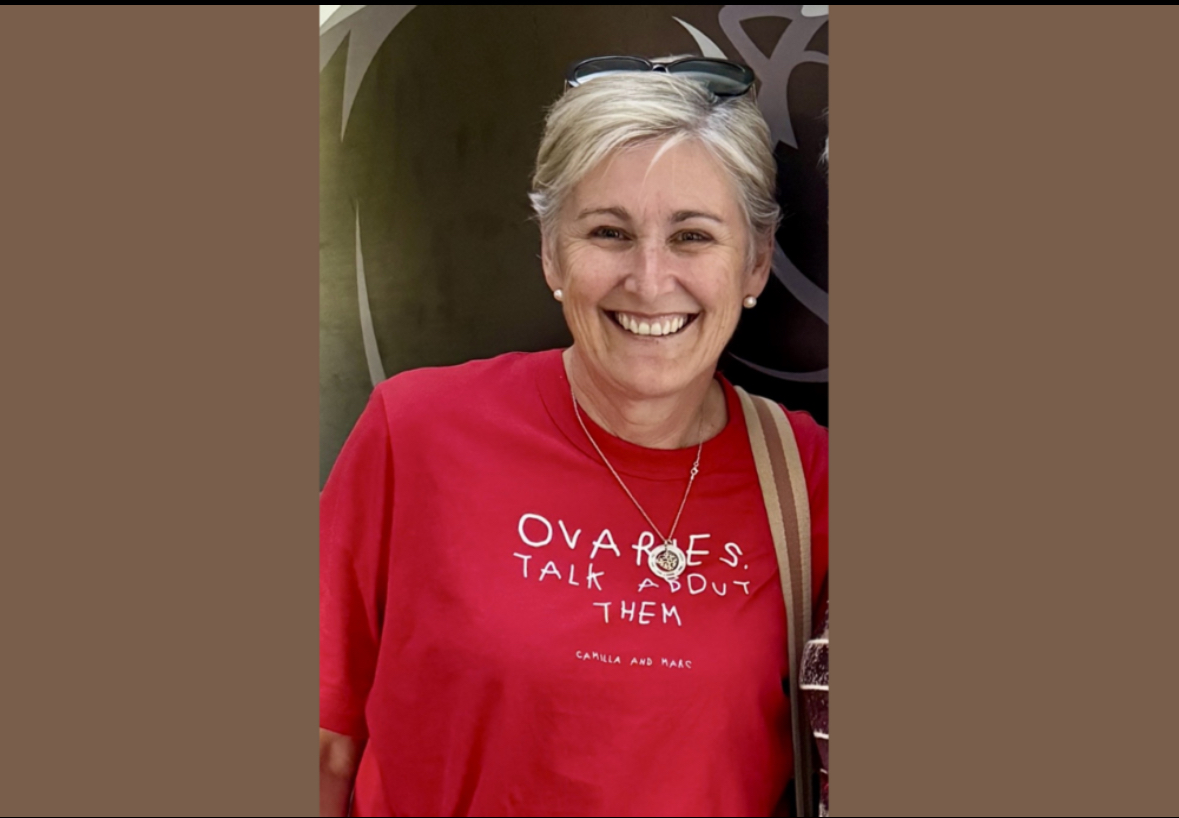
In 2018, Mrs Barclay discovered she had the BRACA1 gene after a long family history of cancer.
She opted for surgery to minimise the risk of Ovarian Cancer.
“In April 2022, I knew something wasn’t right and visited our local medical centre and asked if while doing tests he could do a blood test for a cancer marker. Tests revealed tumours in my peritoneum and lung.
“This was the initial diagnosis. It was only when my sister spoke to a medical receptionist friend was I told I needed to be tested to find the primary source of cancer. This was not relayed to me by the local GP.
“The primary source eventually revealed - ovarian cancer.
“After my file was sent through to the regional cancer centre, I waited two weeks with no correspondence.
"For those that are lucky enough not to be given a cancer diagnosis, you will have no idea how long those two weeks can be - physically and more so the mental challenge,” said Mrs Barclay.
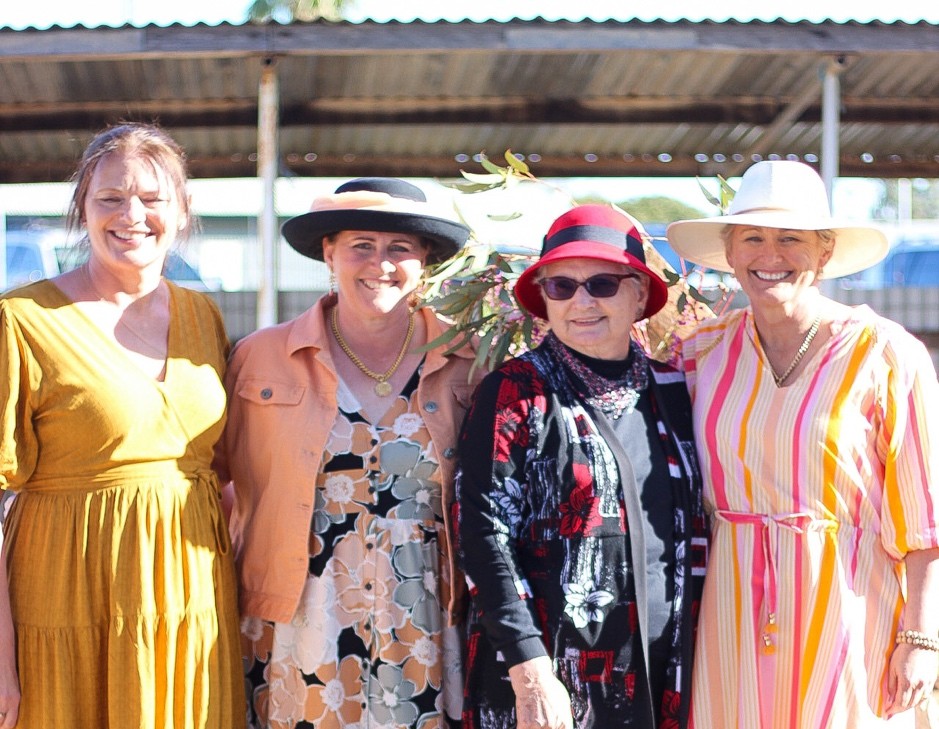
Sue Barclay picture right with her cousin Stacey Casey, Sister Kerry Walsh and Mother Barb Walsh – Image Angie White.
“I took matters into my own hands, and I was admitted into the Royal Women’s Hospital four days later and met with the team of specialists set to help me.
"Three years and three months on I have travelled to Sydney every three weeks to receive treatment (12 rounds of chemo, 2 major operations and 20 or more rounds of targeted therapy).
“A small tumour was missed when incorrect pathology took place. How I felt when told can’t be put into words. Total negligence and a waste of a good life.
“Just because we live remote and rural should not disadvantage us for the treatment we deserve," said Mrs Barclay.
"Women need to be proactive in their care and rural and regional centres need councillors that make sure good care practises are met.
"I think telling our stories would benefit students reminding them we are human not just files.
"We are someone’s mother just like your mothers.
“Reminding the students that when first diagnosed our heads are spinning then comes the total overwhelming feeling of information overload.
“Empathy is another factor never to be forgotten. When in discussion with the patient please be present.
"Our lives and treatment matter just as much as the woman before us and the woman whose appointment is next,” said Mrs Barclay.
To learn more about Survivors Teaching Students or register your interest, visit ANZGOG or you can make a donation to support gynaecological cancer research.
JOB LISTINGS


